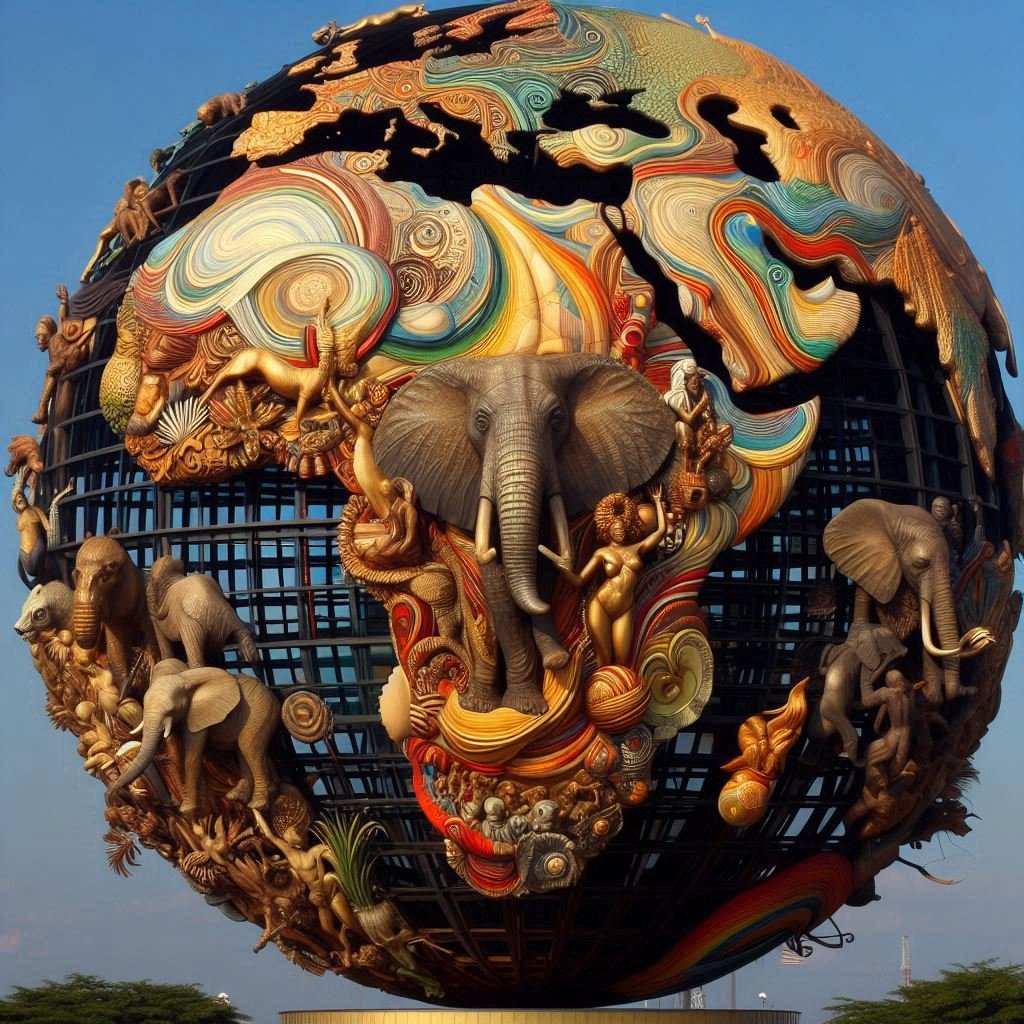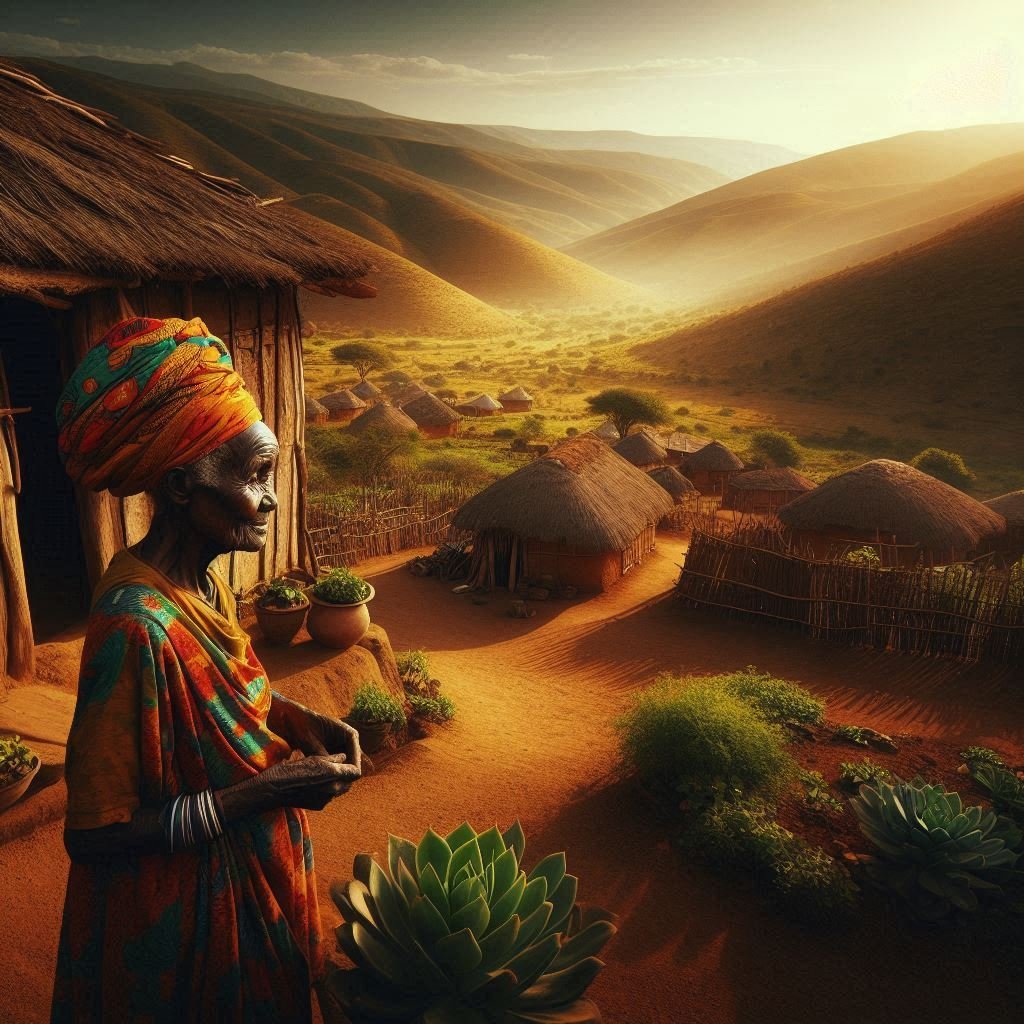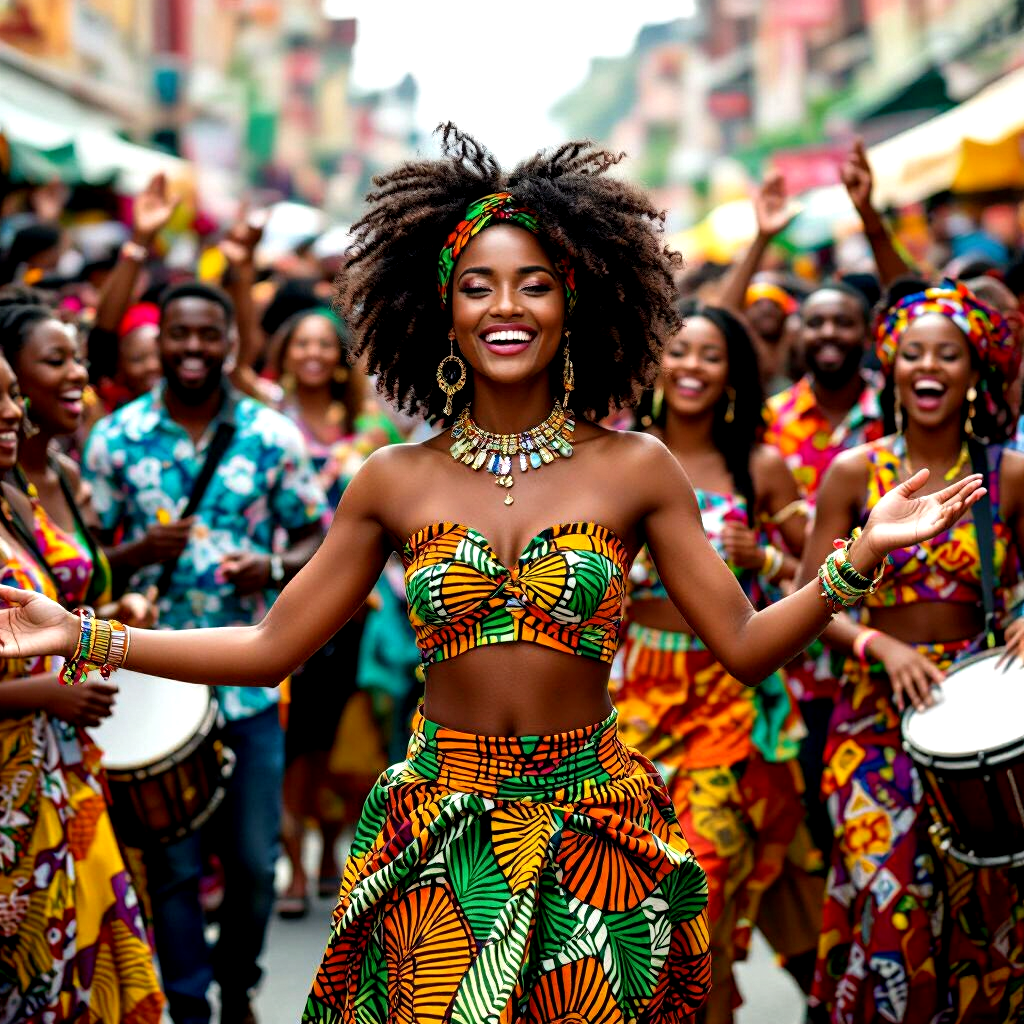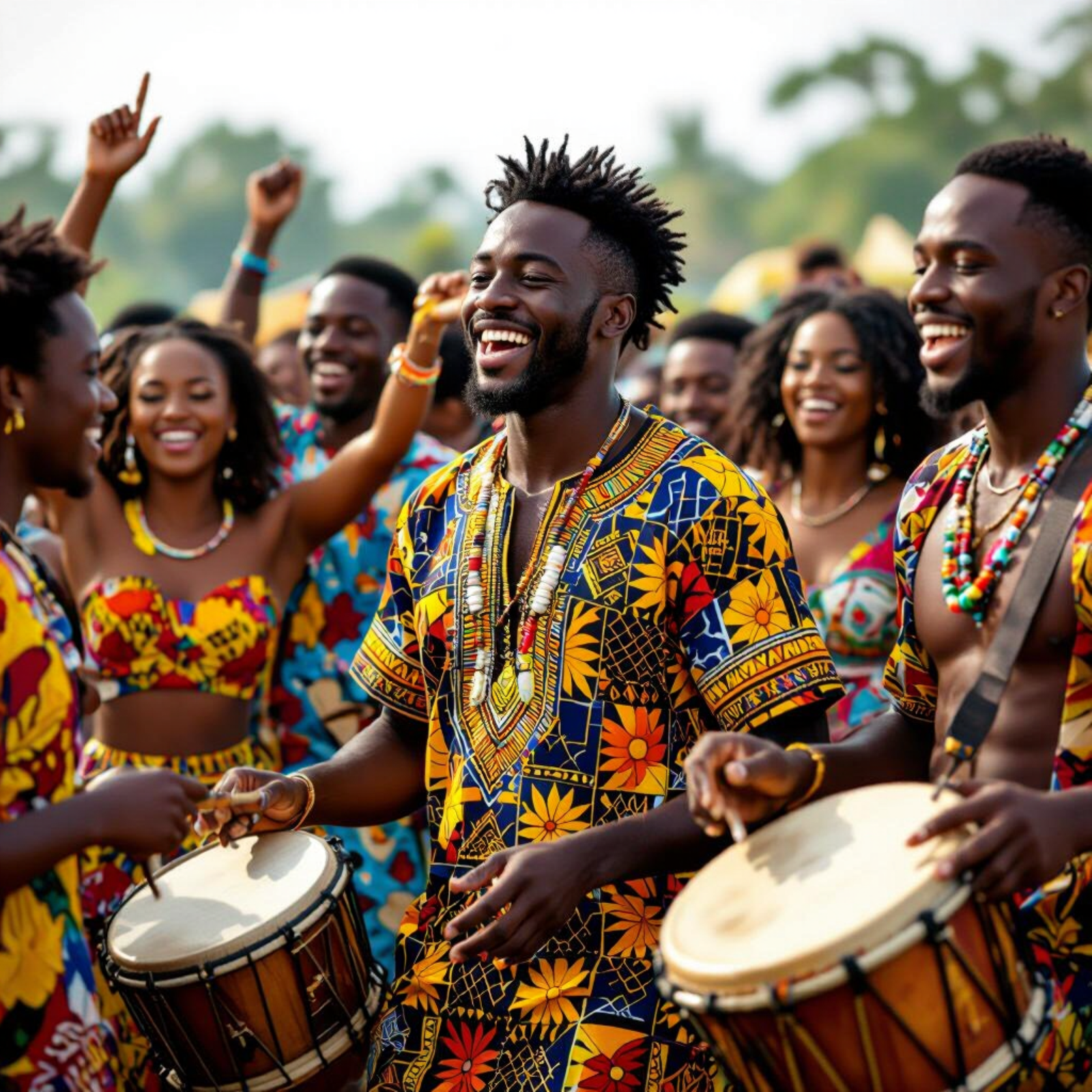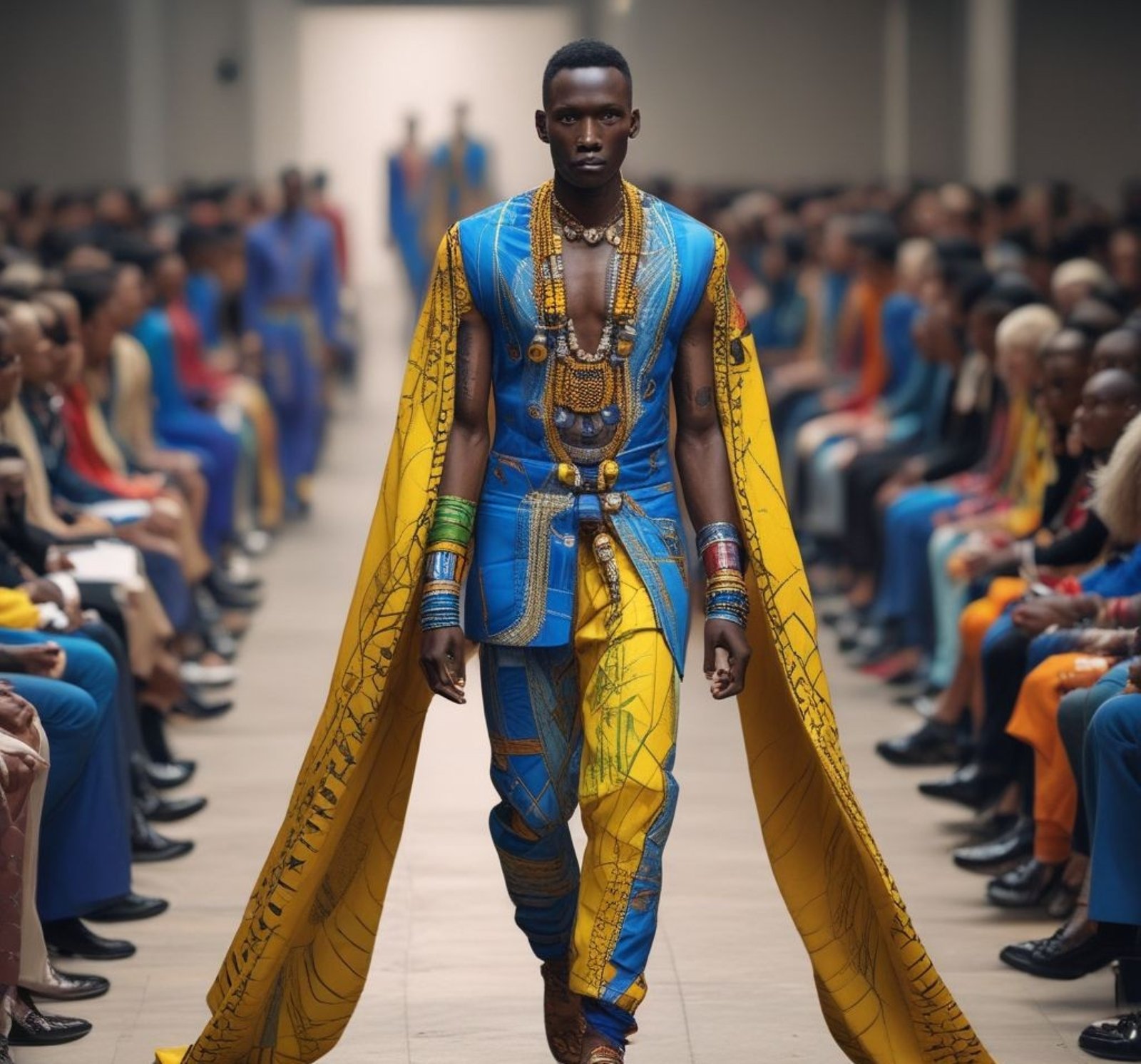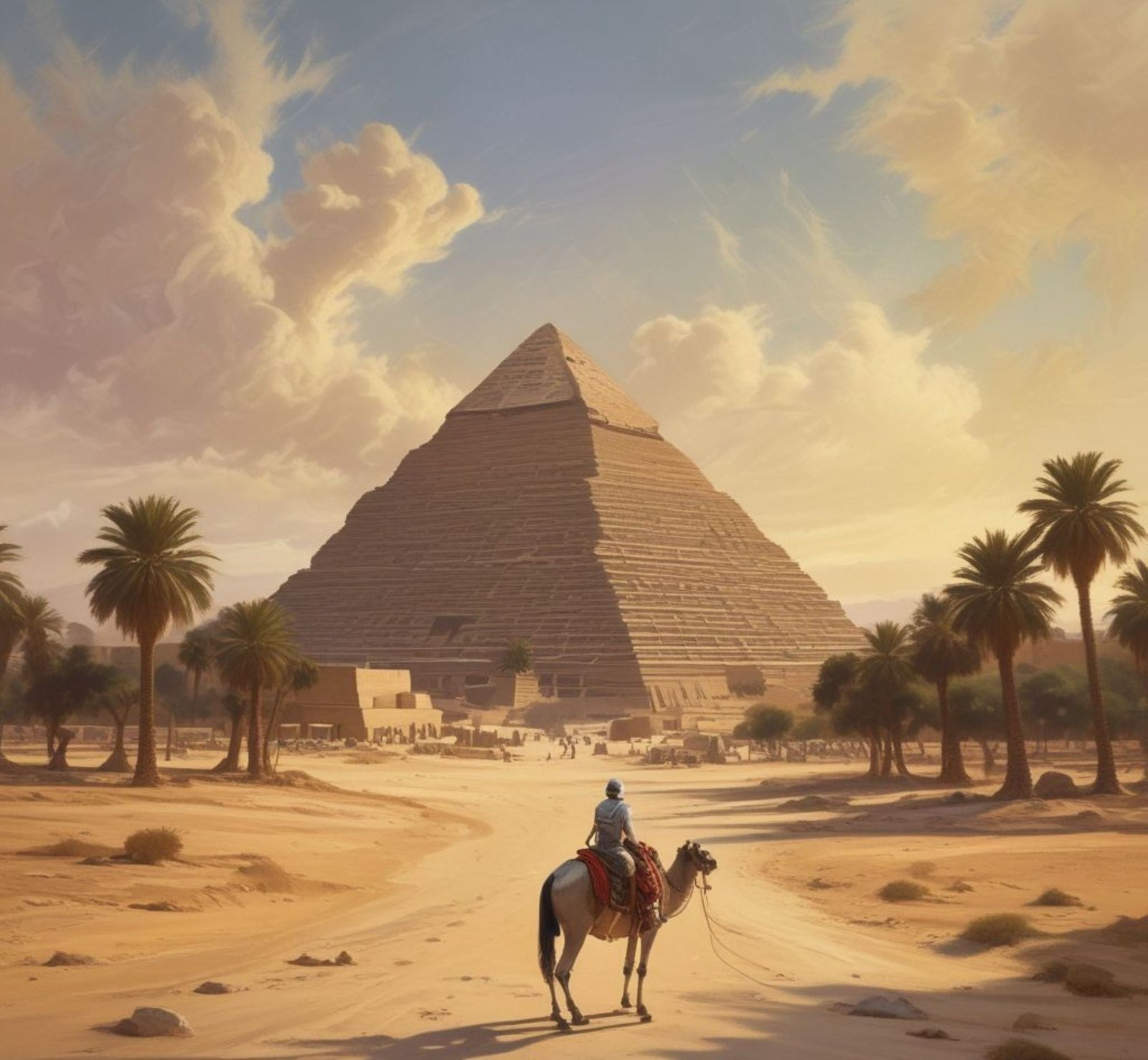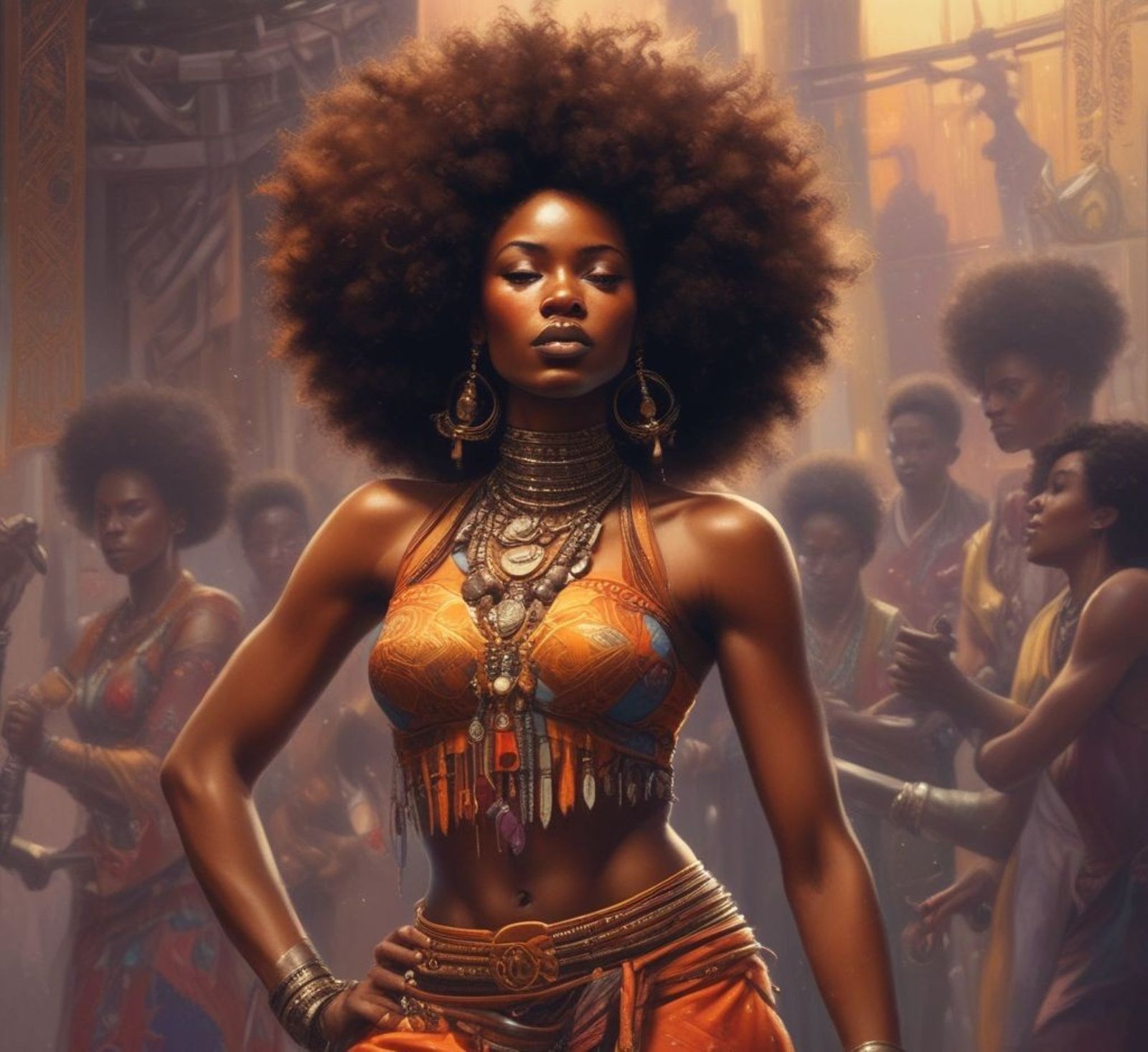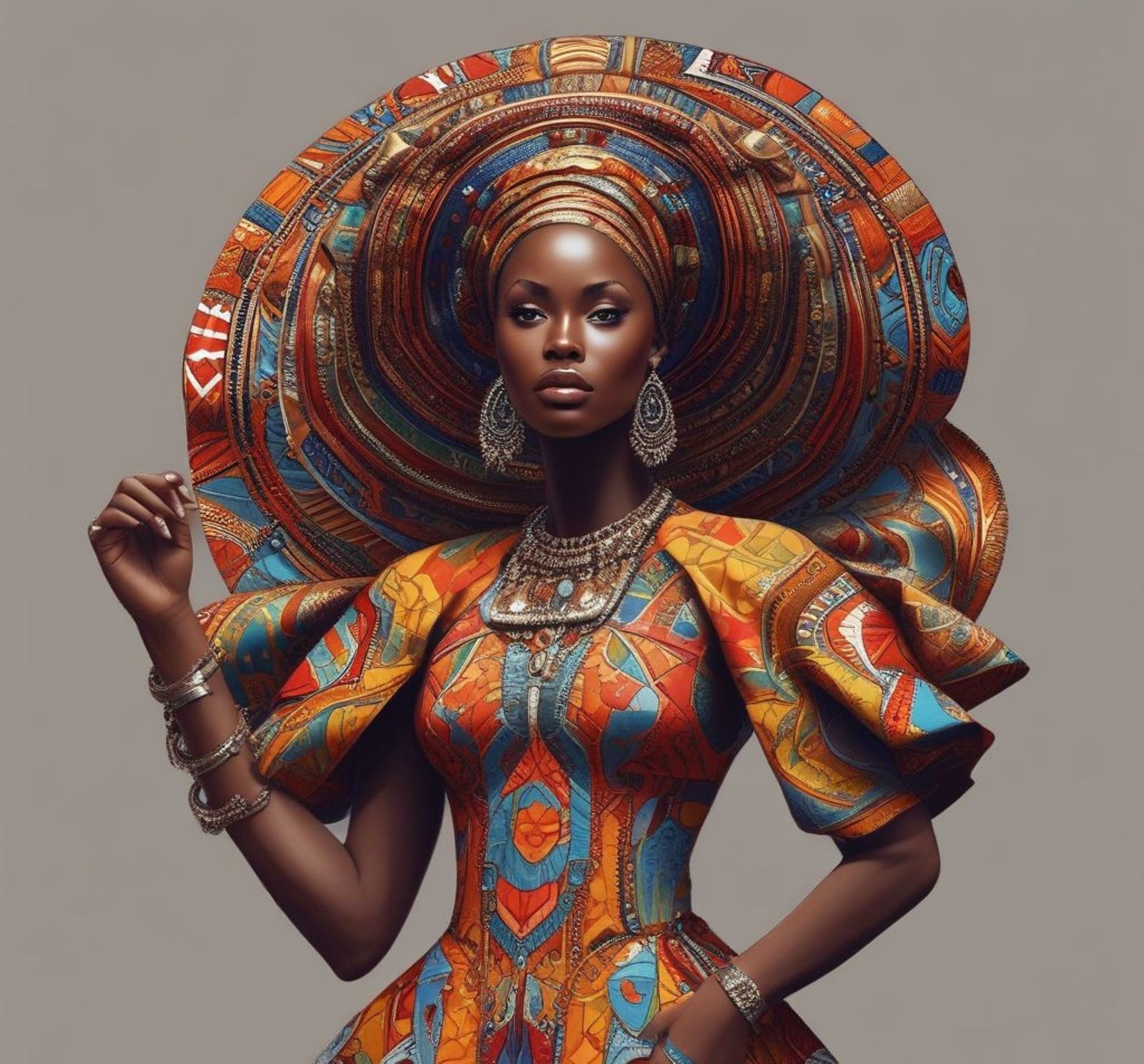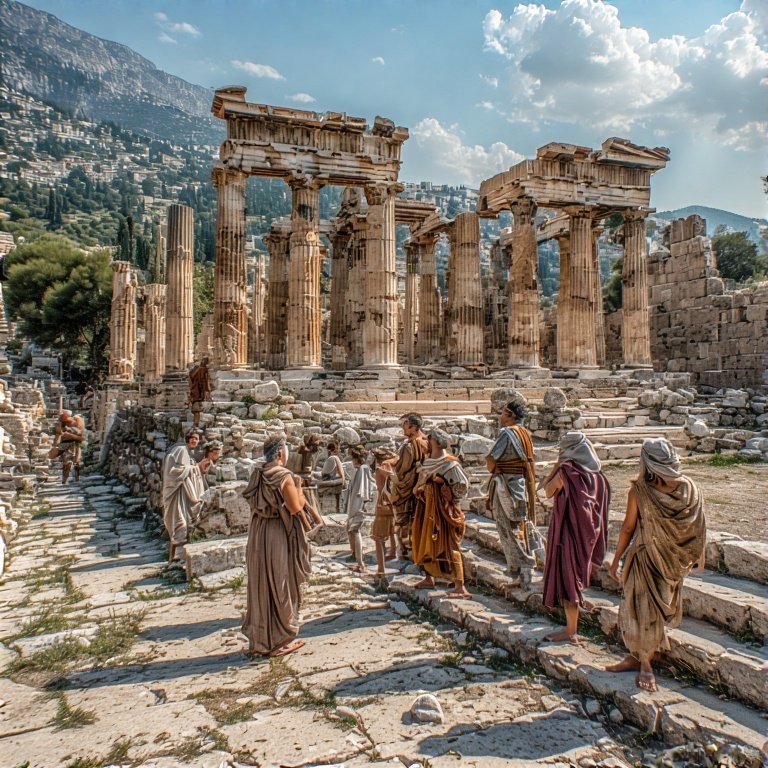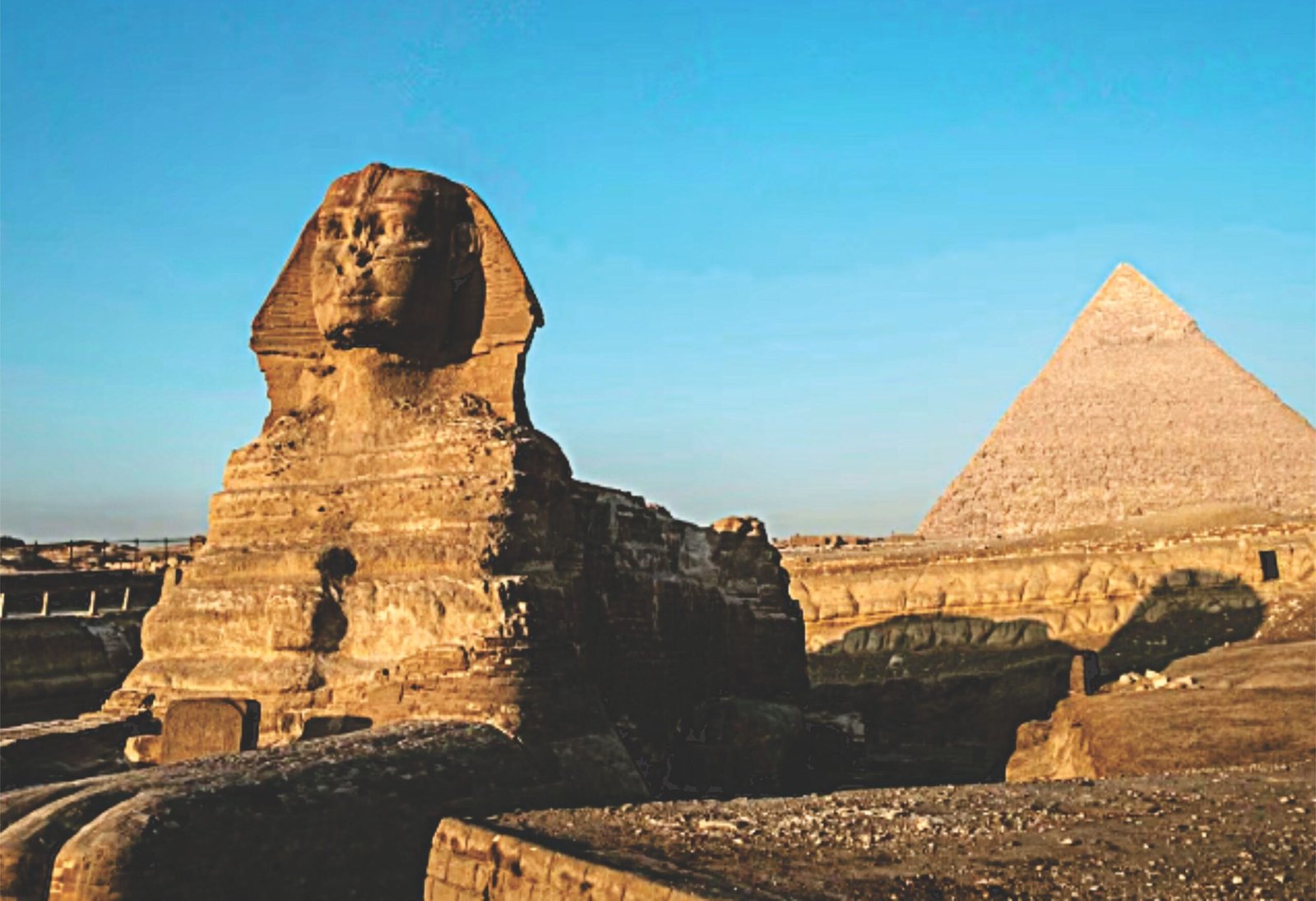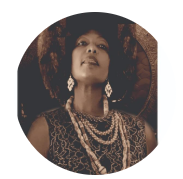Table of content
Introduction
African music has a rich and diverse history that reflects the continent’s complex cultural tapestry. Spanning thousands of years and an array of ethnic groups, traditional African music has served as a means of communication, storytelling, and cultural expression. This exploration of African entertainment in music history unravels the deep roots and the evolution of music across the continent, highlighting its significance in various cultural practices and social contexts.
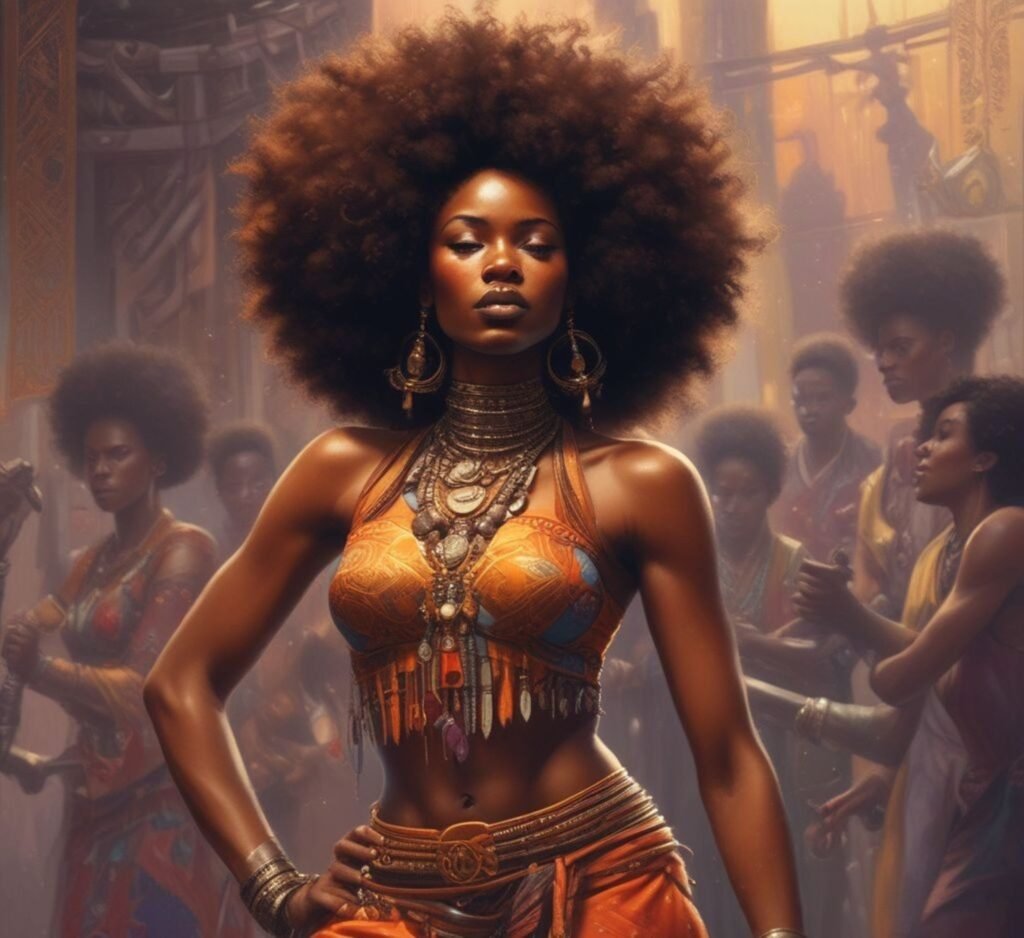
Traditional African music, often classified into various regional styles, encompasses a variety of instruments, vocal techniques, and themes. It is characterized by complex rhythms, polyphony, and call-and-response patterns. In many African societies, music is integral to rituals, ceremonies, and communal gatherings, embodying the spiritual and social fabric of life.
One of the earliest forms of African music can be traced back to ancient civilizations such as the Egyptians, who used music in religious ceremonies and entertainment. Instruments like the lute, harp, and various percussion instruments were prevalent, each serving specific ceremonial or recreational purposes. As civilizations evolved, so did their musical expressions, influenced by migration, trade, and colonial interactions.
The impact of colonialism on African music was profound. European powers imposed their musical forms, which led to the blending of indigenous African styles with European influences. This fusion resulted in new genres, such as highlife in West Africa, which incorporates jazz and swing influences with traditional African rhythms. Highlife gained popularity in the early 20th century and represented a form of cultural pride and expression among Africans during colonial rule.
The emergence of genres like Afrobeat, pioneered by Nigerian musician Fela Kuti in the 1960s, marked a significant shift in African music. Afrobeat combined traditional African rhythms with jazz, funk, and highlife, creating a unique sound that addressed social and political issues in Africa. Fela Kuti’s music was revolutionary, as it not only pushed the boundaries of musical innovation but also served as a powerful form of protest against oppressive regimes.
The post-colonial period saw the rise of several influential music genres across Africa. Reggae, particularly from Jamaica, found a strong following in Africa and was embraced by artists like Bob Marley. In South Africa, the struggle against apartheid spurred the creation of music genres like mbaqanga and isicathamiya, showcasing the resilience and creativity of the people. Artists such as Miriam Makeba and Johnny Clegg became voices of the anti-apartheid movement, using their platforms to raise awareness on social injustices.


